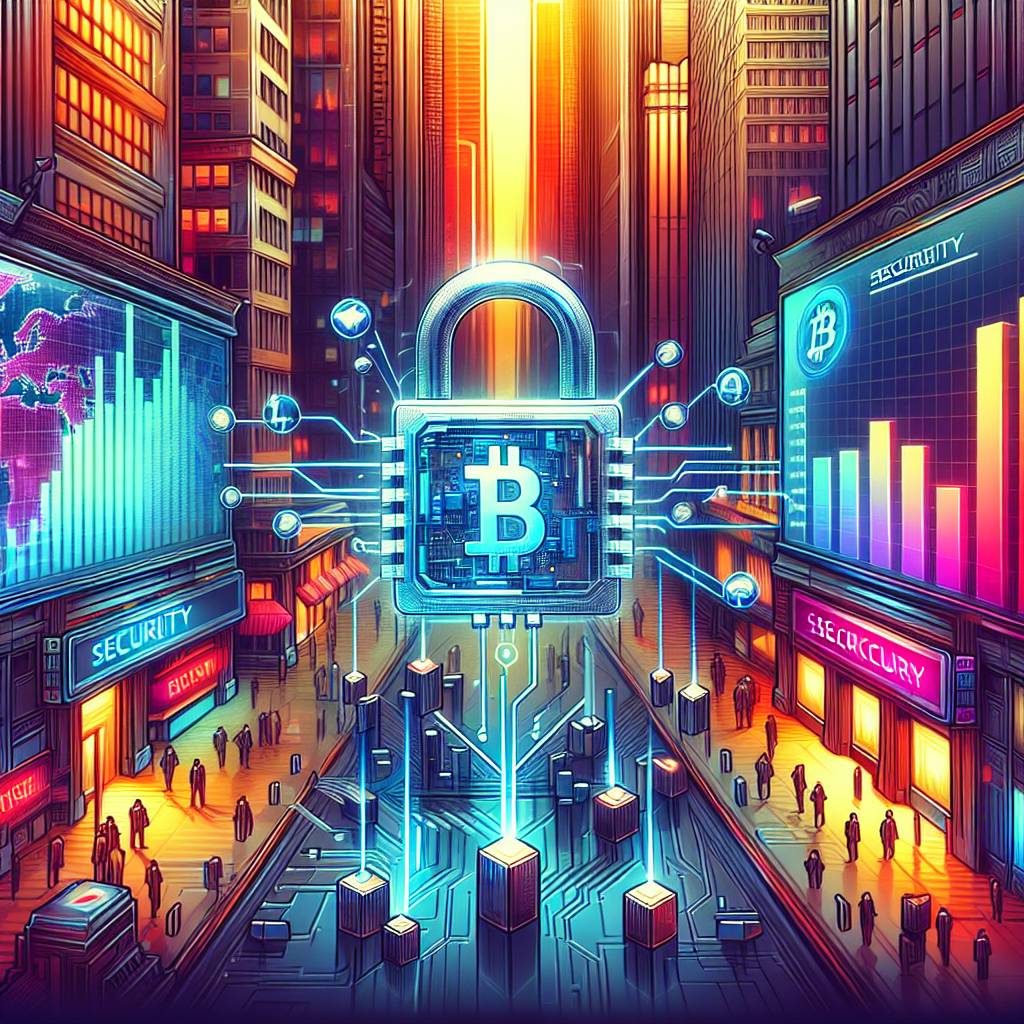What are the security risks of using proof of stake in the blockchain?
Can you explain the potential security risks associated with using the proof of stake consensus mechanism in blockchain technology? How do these risks differ from those of proof of work?

3 answers
- Using proof of stake in the blockchain introduces several security risks. One major concern is the possibility of a 51% attack, where a single entity or a group of entities control the majority of the stake in the network. This could allow them to manipulate the blockchain and potentially double-spend coins. Another risk is the possibility of a long-range attack, where an attacker could create an alternate version of the blockchain from a point in the past and use their stake to overtake the current chain. Additionally, there is a risk of nothing-at-stake problem, where validators have no cost associated with validating multiple chains, leading to potential chain splits and decreased security. It's important to note that these risks are different from those of proof of work, which primarily include the risk of a 51% attack and the centralization of mining power.
 Jan 13, 2022 · 3 years ago
Jan 13, 2022 · 3 years ago - Proof of stake in the blockchain comes with its fair share of security risks. One of the main concerns is the potential for stake grinding, where validators manipulate the random selection process to increase their chances of being chosen to validate a block. This could lead to a concentration of power and compromise the decentralization of the network. Another risk is the possibility of a nothing-at-stake attack, where validators have no incentive to choose a specific chain and can validate multiple chains simultaneously. This can result in chain splits and decreased security. It's worth noting that these risks differ from those of proof of work, which are primarily related to the computational power required to mine blocks.
 Jan 13, 2022 · 3 years ago
Jan 13, 2022 · 3 years ago - Proof of stake has gained popularity in the blockchain community due to its energy efficiency and scalability advantages. However, it's not without its security risks. One of the main concerns is the possibility of a 51% attack, where a single entity or a group of entities control the majority of the stake in the network. This could allow them to manipulate the blockchain and potentially cause disruptions. Another risk is the potential for stake grinding, where validators try to manipulate the random selection process to their advantage. This could lead to a concentration of power and compromise the decentralization of the network. Additionally, there is a risk of a long-range attack, where an attacker could create an alternate version of the blockchain from a point in the past and use their stake to overtake the current chain. These risks should be carefully considered when implementing proof of stake in a blockchain system.
 Jan 13, 2022 · 3 years ago
Jan 13, 2022 · 3 years ago
Related Tags
Hot Questions
- 93
What are the best digital currencies to invest in right now?
- 89
How can I buy Bitcoin with a credit card?
- 74
What is the future of blockchain technology?
- 69
Are there any special tax rules for crypto investors?
- 68
What are the tax implications of using cryptocurrency?
- 63
What are the best practices for reporting cryptocurrency on my taxes?
- 53
How can I minimize my tax liability when dealing with cryptocurrencies?
- 46
How can I protect my digital assets from hackers?
